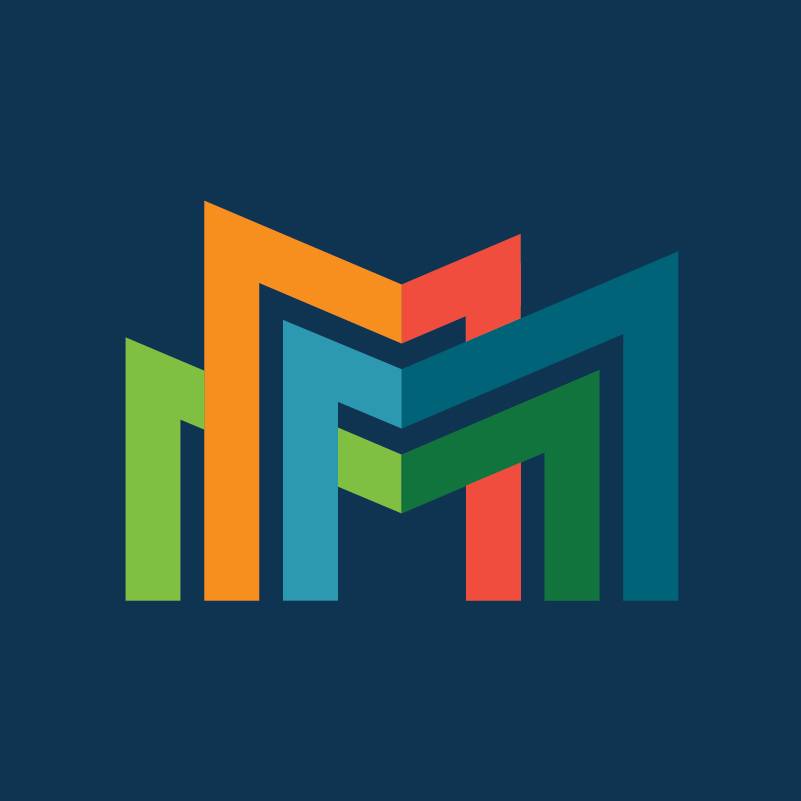
Metropolitan State was established in 1971, and now serves more than 10,500 students in the metropolitan area as we approach our fiftieth anniversary.
Metropolitan State is a fully accredited, comprehensive university and a member of the Minnesota State higher education system. CollegeNet’s 2022 Social Mobility Index.
Measuring colleges’ and universities’ success in elevating students from low income strata into the middle class by five years after graduation, ranks us twenty-second in the nation (in the top 1.6 percent), and first in Minnesota.
With more than 50 undergraduate programs and more than 25 graduate programs, including our unique individualized studies programs where students design their own bachelor's or master's programs, Metropolitan State offers in-demand degrees to help you get where you want to go!
Regardless of where you are in your life and educational journey, Metropolitan State is committed to helping you succeed on your journey of lifelong learning!
University Mission Statement
Metropolitan State University is a comprehensive urban university committed to meeting the higher education needs of the Twin Cities and greater metropolitan population.
The university will provide accessible, high-quality liberal arts, professional, and graduate education to the citizens and communities of the metropolitan area, with continued emphasis on underserved groups, including adults and communities of color.
Within the context of lifelong learning, the university will build on its national reputation for innovative student-centered programs that enable students from diverse backgrounds achieve their educational goals.
The university is committed to academic excellence and community partnerships through curriculum, teaching, scholarship and services designed to support an urban mission.

A Bachelor of Science degree in Accounting provides a strong foundation for careers in many aspects of business. Accountants create order and meaning out of data, manage information systems and work cross-functionally to accomplish goals.

An understanding of economics is essential for all careers in management and to becoming a well-informed citizen and participant in society. The Economics BS program offers courses which serve all majors in the College of Management, and those leading to the two tracks in the economics major.

This class will incorporate a workshop approach, with emphasis on weekly assignments that are critiqued and discussed as a class.

The Data Science Bachelor of Science degree offers students skills and knowledge in advanced analytics, data mining, business analytics, and statistics for generating meaningful insights and developing data-centric strategies essential for industry.

Exploration of the design and implementation of data structures and algorithms fundamental to computer systems and applications and to software engineering.
© 2025 coursetakers.com All Rights Reserved. Terms and Conditions of use | Privacy Policy